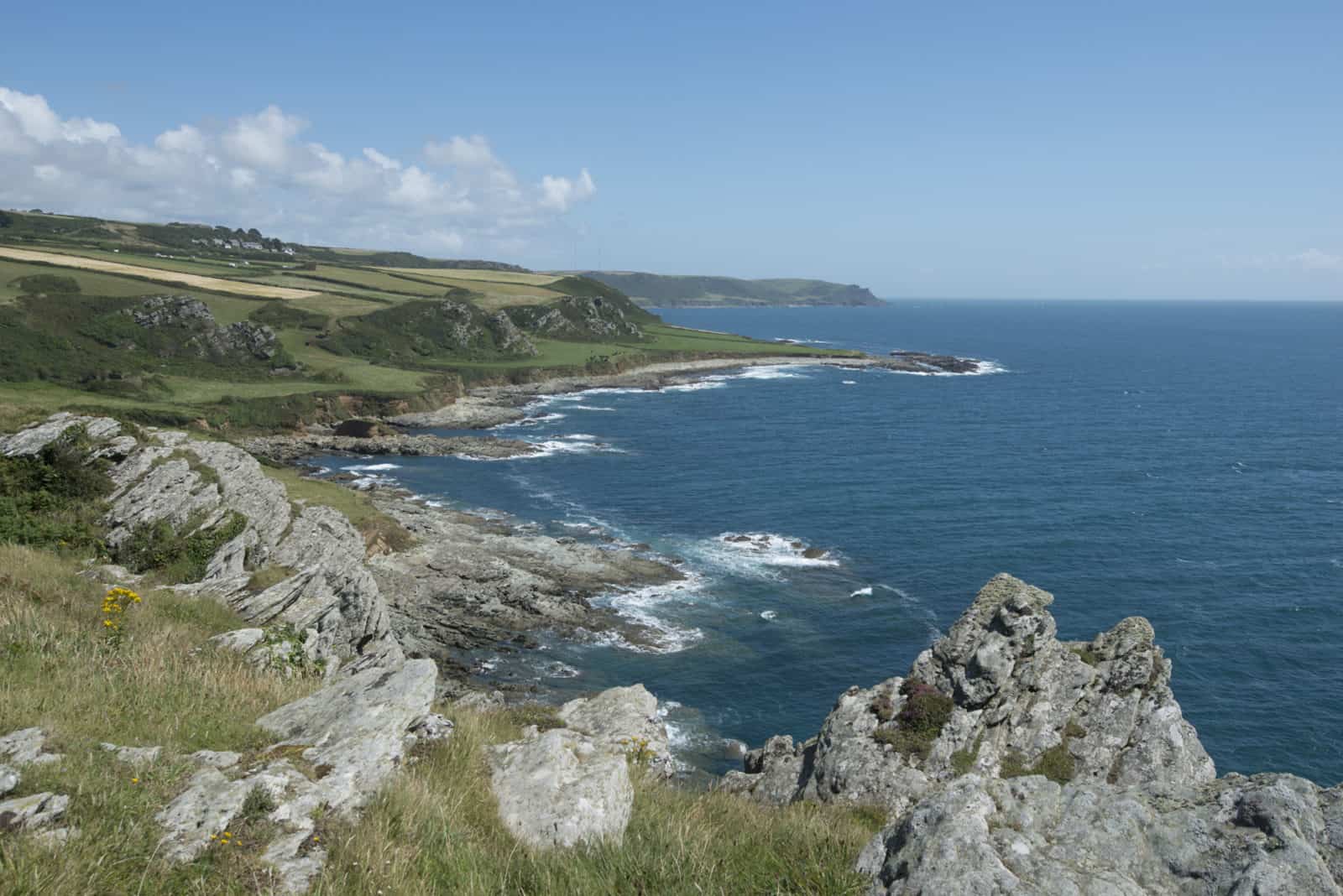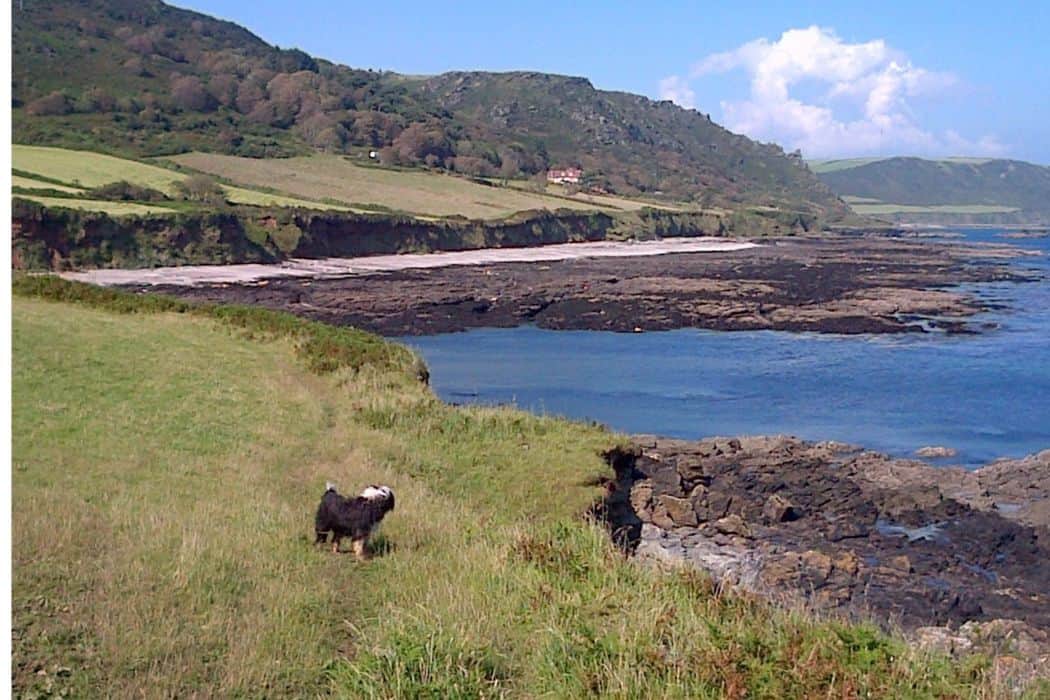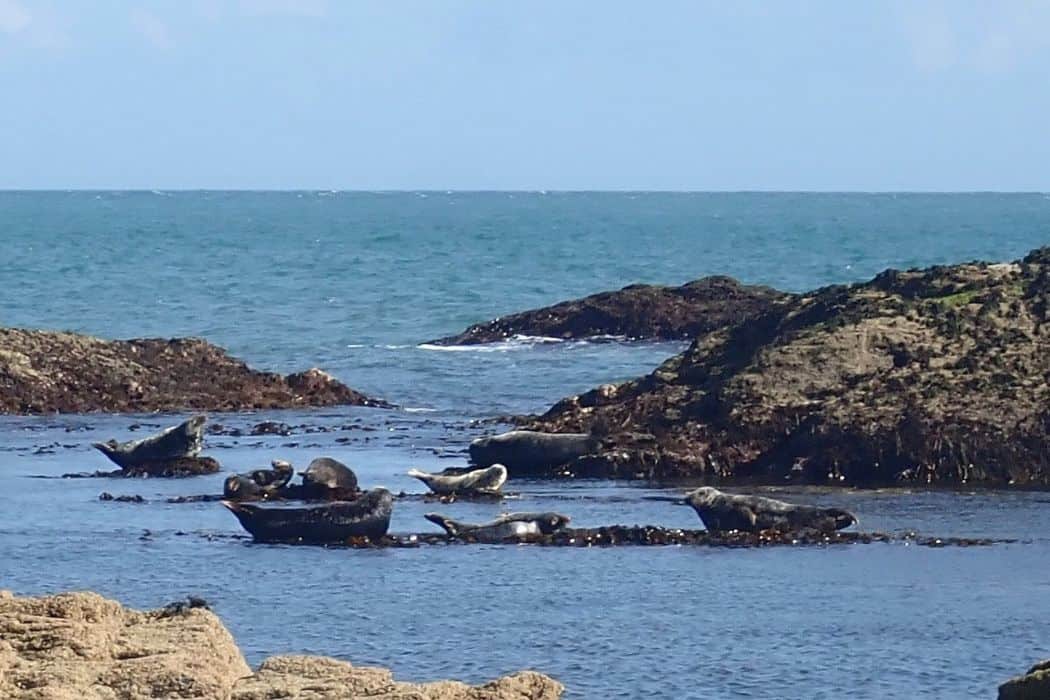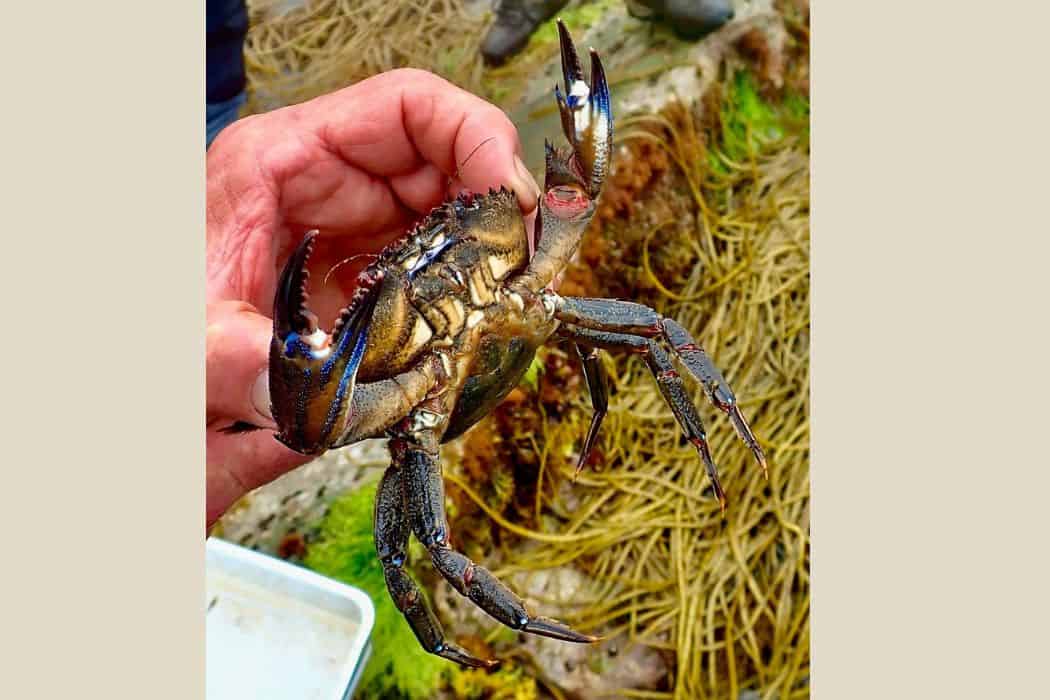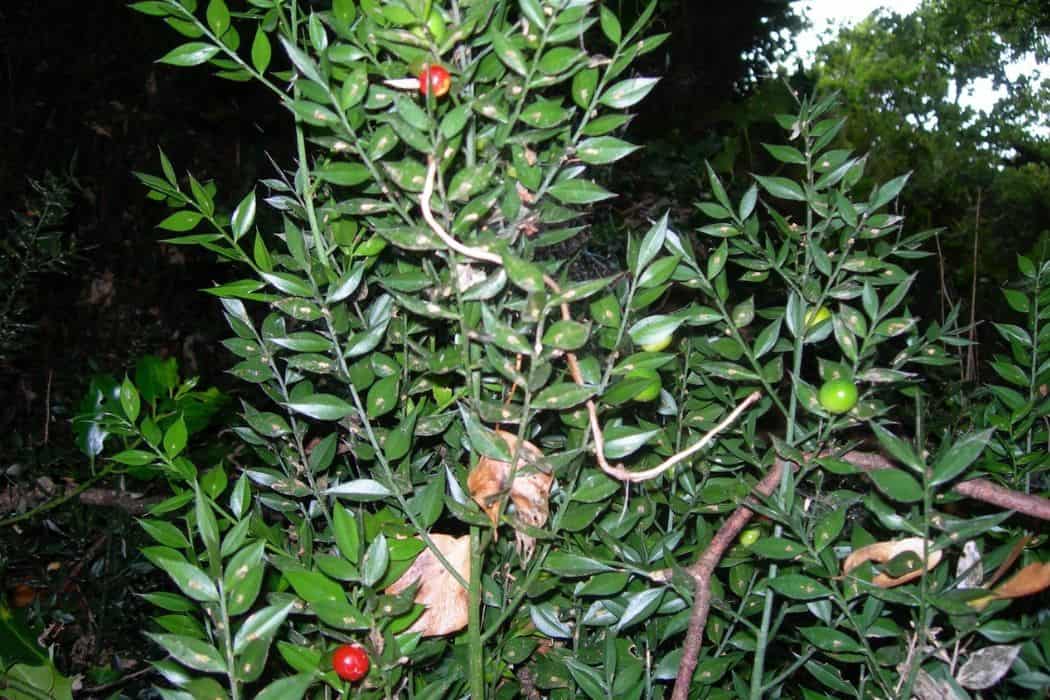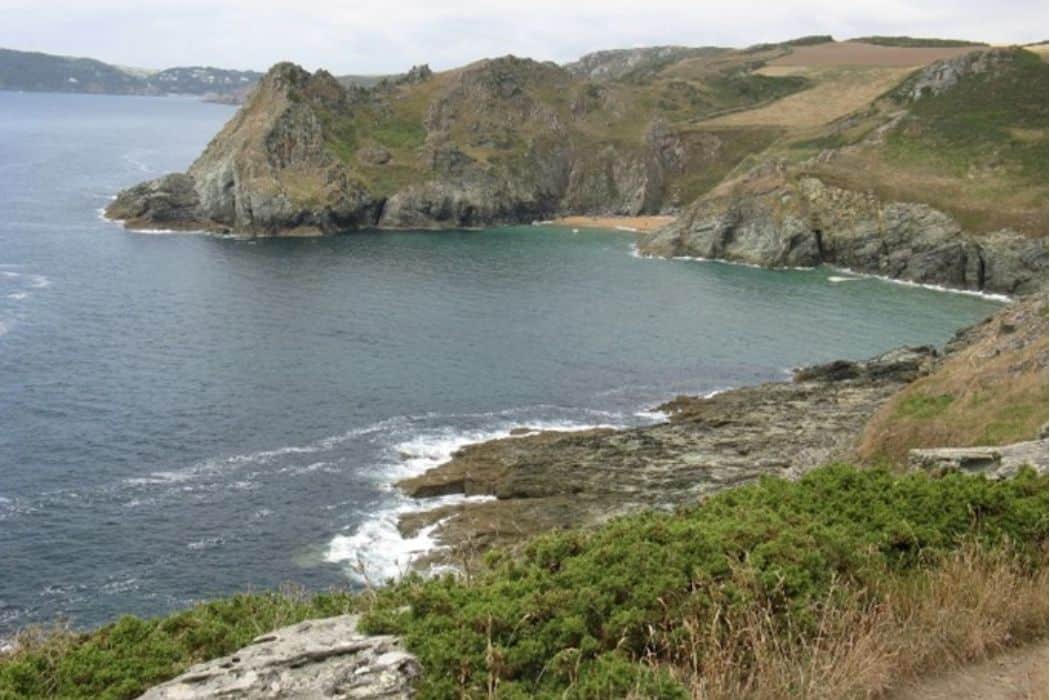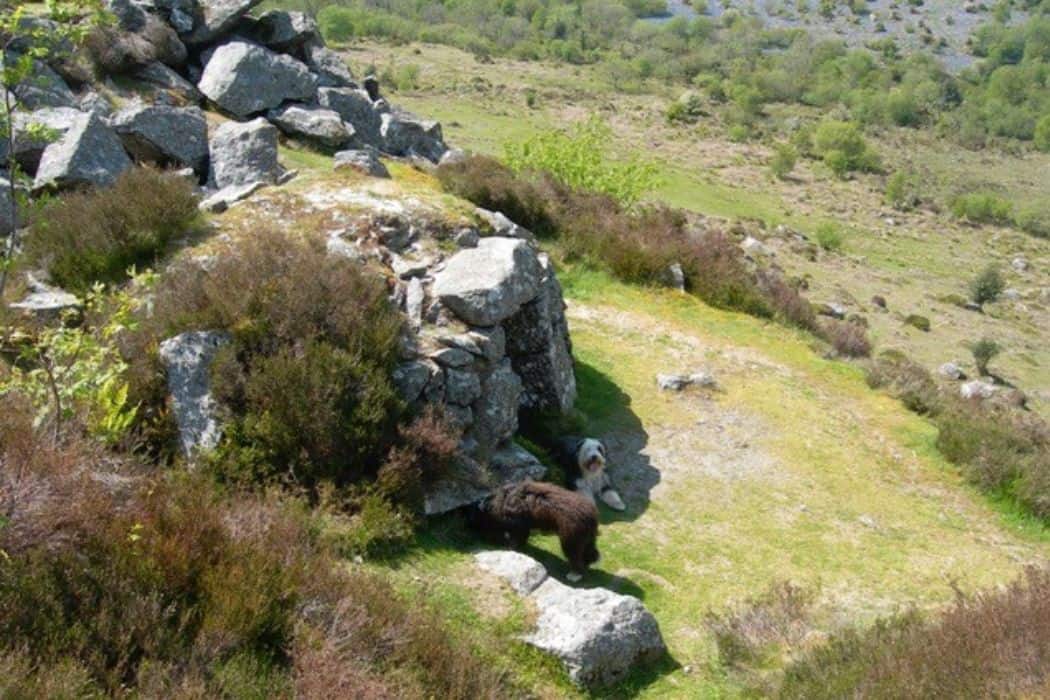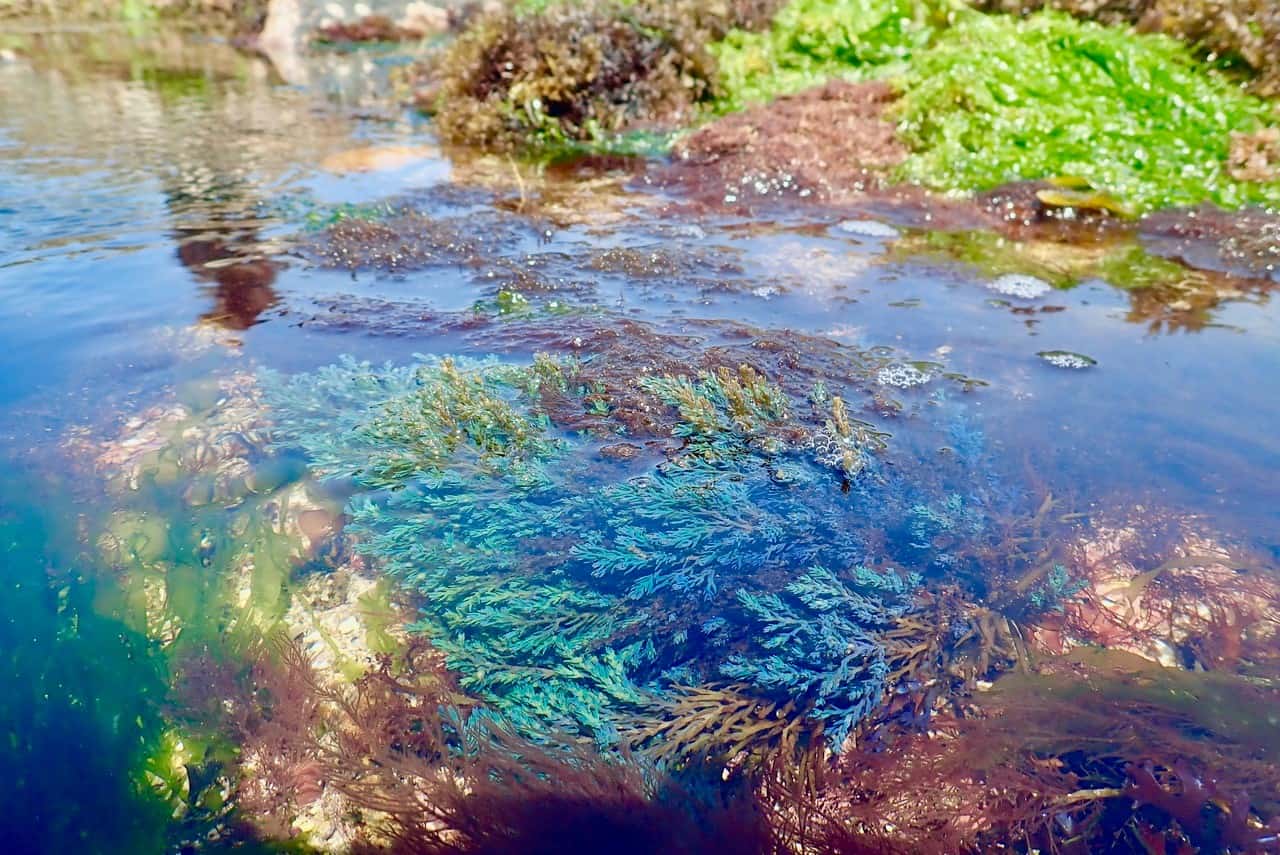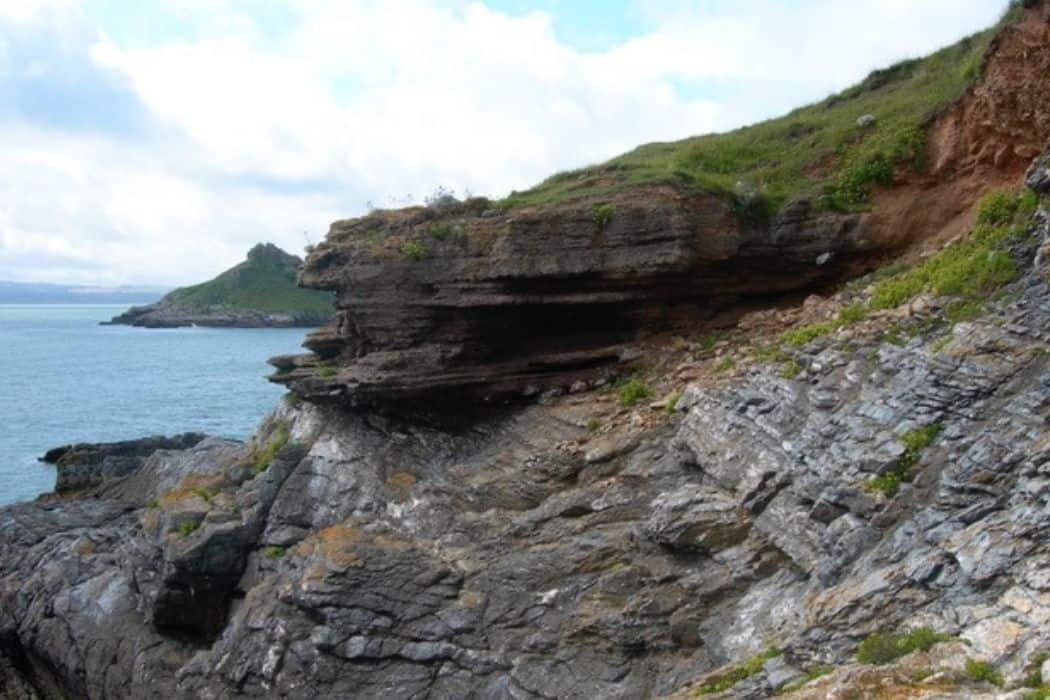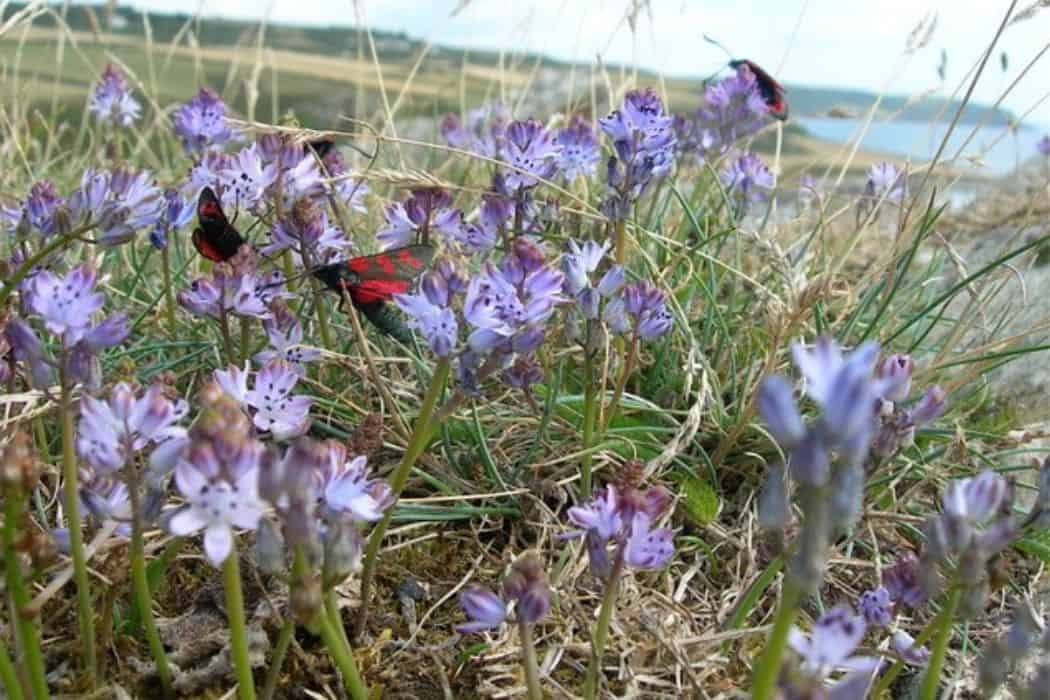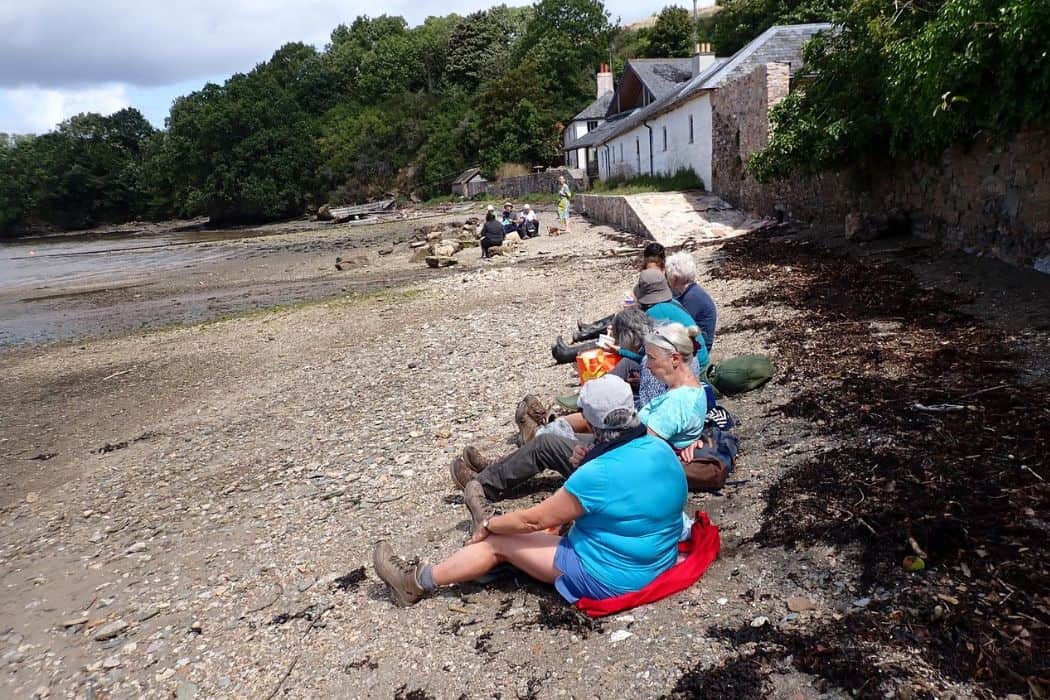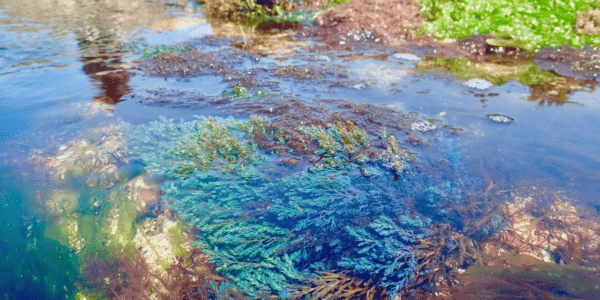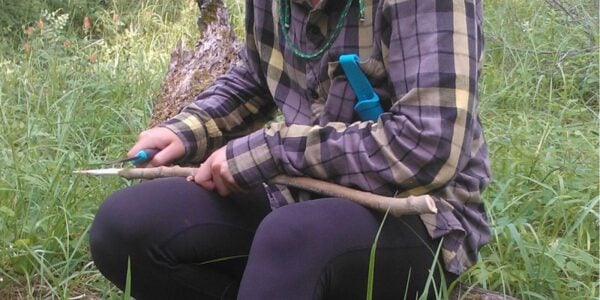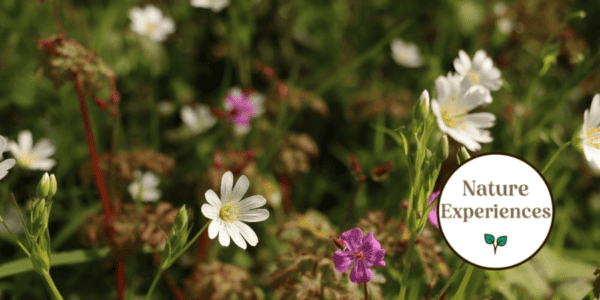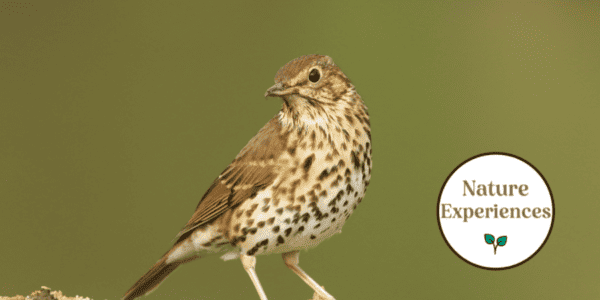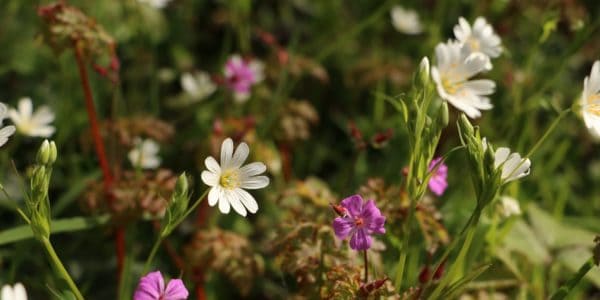The course comprises a number of excursions to bring to life Devon’s fascinating geology – and how this relates to the equally rich natural history. Using our giant 12 foot collage, the fossil seascapes of the Devonian period (+/- 375 million years) will be explained in detail in context of changing continents and climate.
Read More
Plant life will also feature strongly – their uses, folklore and more, made interesting and easy to understand, often with humour! Over 400 species have been seen – special attention to identification through families is the order of the day down to basic species level but no further.
Our geology excursions will take us into the amazing world of rocky shore marine biology – again detail made plain will be the order of the day.
Butterflies, moths (we run a trap) bats and industrial archaeology will also feature.
Adaptive morphology is a specialism of the course as covers both past and present marine biology.
The course will be suitable for beginners and the more knowledgeable geologist will see some of Devon’s most classic and well known sites. Lots of detail will be made plain and interested children of 14+ years are welcome with an accompanying adult.
Over the last 20 years I have always looked forward to running this course and have had little reason to change anything. We have had a wide range of people – some have been experts themselves, others beginners; teachers, but all have carried an enthusiasm and willingness to share knowledge. Camaraderie and humour has been wonderful each year.
2023 discoveries
The 2023 course saw some wet and windy weather but the group adapted well with some great enthusiasm. I certainly enjoyed it as much as ever since its start in 2001 – haven’t changed anything really in all that time, no need there’s so much in each chosen locality. We have had people come three times!
However there was a significant difference in what we found re Devonian fossils ! After over 20 years without finding any – two “Trilobites” were found within 10 minutes of each other at Hope Nose! Trilobites are an extinct group, think of an aquatic version of a “Woodlouse”. Both specimens were photographed for ID and one was taken to a museum upcountry. The photographs enabled the two Trilobite “family” groups to be recognised through specialists in the museums and centres. A first for the course on the last day!
The course is very full-on and there is a fair amount of travel, but the locations make it well worth it. Often, we swing from one topic to another without moving when on the headlands – they are that good. This is not a birders course, but we have a list all the same – over 60!
Some locations might be difficult for the less mobile to get to the last few metres – but there will always be something interesting nearby. There are locations where a good head for heights comes in handy – the course is based on headlands! In case of bad weather or tides we can alter the itinerary to visit sheltered nearby locations for short periods.
If you would like to discuss the course further, then please do get in touch with Martin on [email protected]. If you should book, he would be delighted to hear from you.
Please note that there are two very friendly bearded collies on this course, most have found that they added to their enjoyment!
Review of the 2021 course:
“It’s hard to find a “hands on” marine biology course these days. Martin covered so much geology, botany and marine biology that all related to each other and the surrounding landscape. He made it equally understandable for both the academic and lay person. This is a skill in itself. The use of the lab with all the samples and diagrams helped reinforce what we learned out on site each day. Having the dogs around added another wonderful dynamic.”
About the Tutor
Martin Summers is a geologist, naturalist and teacher. He is an experienced leader of outdoor events and has a vast knowledge of the South Hams area and an informal but concise teaching style. Botany is done using English names first – suits family ID approach.
Martin has two very friendly bearded collies on this course. If you wish to contact Martin to talk about the course please feel free to email him on [email protected]
Example Timetable
Weather conditions and other factors may alter the programme - but this outline gives a good idea of what is in store.
Friday:
Introduction to the course after supper, followed by a trip to Hallsands to view the Lighthouse and ruined village at dusk from the viewing platform or go to Beesands - with maybe coffee on beach.
Saturday: Brixham. St Mary’s Bay and Berry Head.
A day looking for and learning how to recognise fossils using our giant collage. Their mode of life is made apparent using our Devonian seascape. We will visit Berry Head to see spectacular cliffs and views and enjoy the unusual wild flowers, including orchids, identifying them as we walk. Fossiling on the River Dart is another possibility.
Sunday: Dartmoor Walk - Haytor and Houndtor.
Using historical sites and trails we study the geology and natural history. A varied day – quarry pond, tramlines to follow, moorland and wooded valleys and maybe climb Houndtor. This day contrasts with the coastal walks and puts the geological scenery and history in context. The pond and medieval village are memorable and strike up the human historical impact of Dartmoor.
Monday: Hopes Nose, Torquay.
The chance to walk and touch the fossilised sea floors/reefs on a wave-cut platform dating from the time of great sea level changes tens and hundreds of thousands of years ago. Interesting “step faulting” and very clear evidence of volcanism (ash layers) folding and thrusting. Best example of a raised beach in the South West, showing fossil shells (200,000+/- years old). Devonian fossils 375 million years old, gold, marine biology, stromatoporoid “buns”, and see the botany on the way down, and back, and all in one day! If time allows the marine biology is well worth looking at - an unusual sea slug can be found here. Humming Bird hawk moths are also to be seen here.
Tuesday: Start Point, Peartree Point and Mattiscombe Sands.
A general walk explaining the geology (metamorphic rocks different to previously encountered) and geomorphology (wave-cut platforms, sea level changes, marine landforms), botany, butterflies and marine biology will feature strongly. Seals can usually be seen at Peartree Point, which shows rare local evidence of “ice action” as well as underwater arches. We will visit the Lighthouse for spectacular views - the butterflies here have been prolific.
Wednesday: Saltern Cove, Paignton.
A coastal walk will show some of the most outstanding Devonian and Permian geology nationally, including a classic unconformity representing an ancient land surface. See the burrows of some long extinct species, sea floors crammed with fossil corals, imagine the volcanism associated with the repeated beds of ash and unravel the story of rising sea levels in the Devonian period using our giant collage.
Thursday: Gorah Rocks, Prawle Point.
A marine ramble linking the sea life of today with previous fossils seen.
Spectacular scenery, metamorphic geology, sea level changes and head deposits - all will be explained! There will be excellent botany, insect life, and a good beach combing strandline to explore.
In the evening: a summary of the week.
Friday: Depart after breakfast.
Resident participants are requested to arrive for registration by 17.00 on arrival day.
Non-residents can arrive 10/15 mins before the evening meal.
There will be an introductory talk at 17.00. The course will begin after supper.
Supper is usually at 18.30. A non-resident booking also includes dinner during your course as teaching does progress into the evening.
Breakfast, for resident participants, will be from 8:00am.
The course will end on Friday at 09.00.
What's Included
Full board accommodation and picnic lunch are for residential bookings only.
Before You Attend
What to Bring
- Casual and some warm clothing.
- Waterproofs and wellingtons (can be borrowed from the Centre, if necessary).
- Stout trainers / walking boots.
- Lunch box, salad box and flask/drink bottle.
- Notebook and pencil and camera/binoculars (if you wish).
- Sun hat and sun lotion.
Recommended Reading
Geology explained in South and East Devon, Perkins (available through libraries).
Geologists Association guides No 72 & 73 – “Devon Marbles, their Geology, History & uses” “Geology of S Coast” ISBN 9780900717 819 & …919 last 3 digits
Opportunities to attend this course
Please see Martin's other popular opportunity The Geology, Botany and Marine Biology of West Somerset

